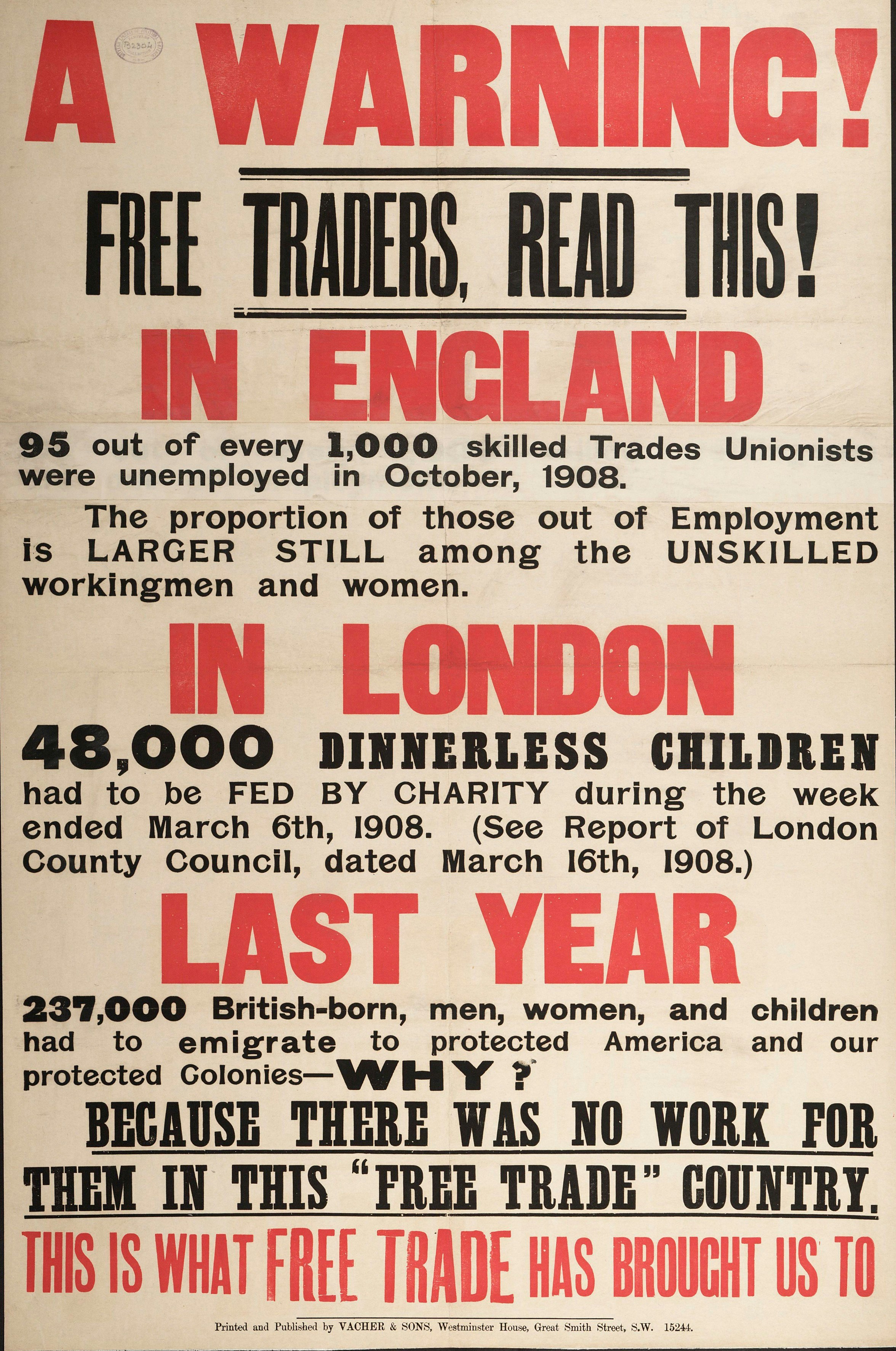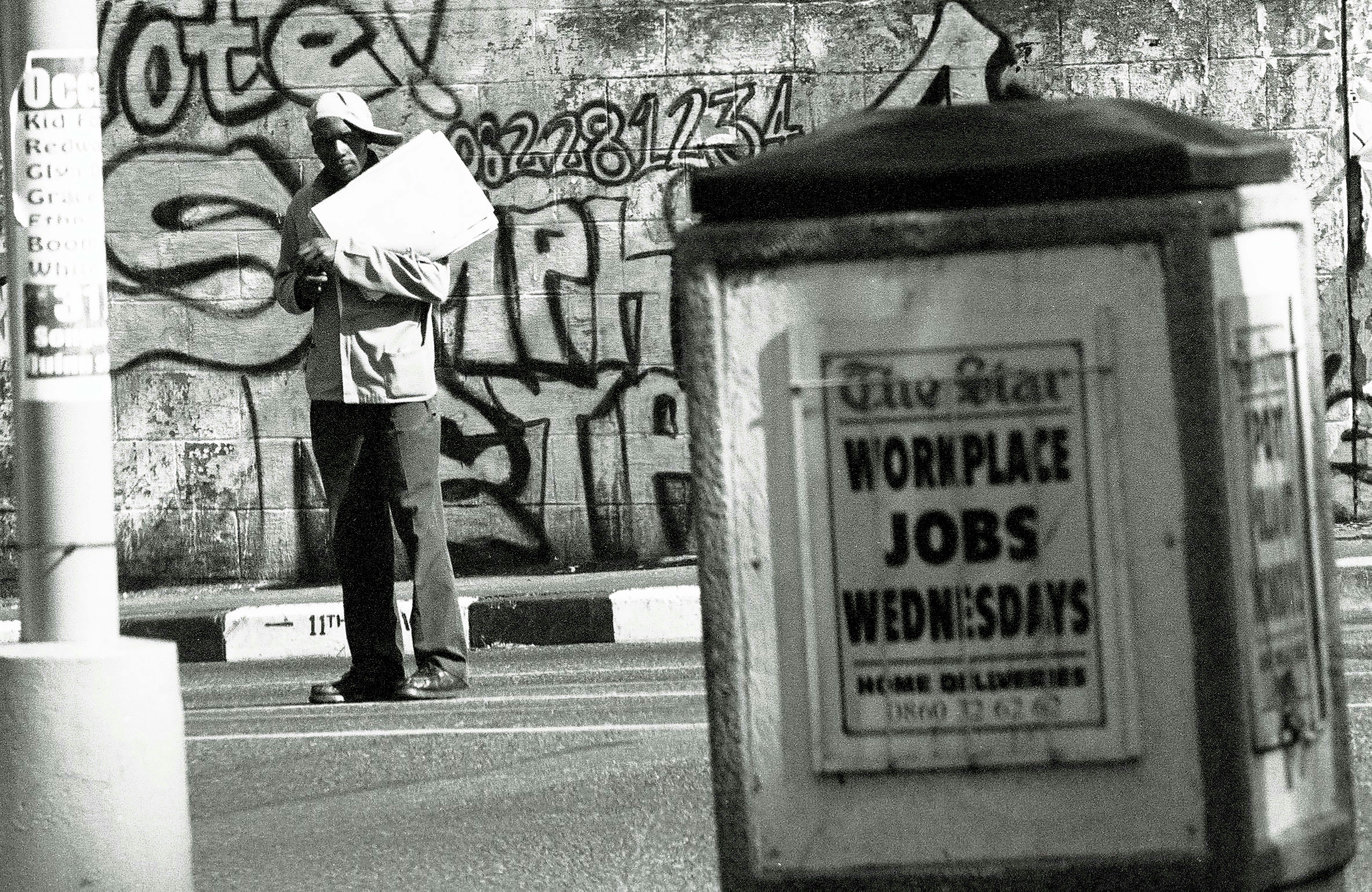
LONDON — With the fun of coronation nonetheless within the air exterior Buckingham Palace, it’s tempting for a Yankee to mock the British for the store home windows stuffed with coronation plates and King Charles III espresso mugs. And the way can we not roll our eyes when a slice of cake from the 2005 wedding ceremony between the brand new king and queen now sells for $1,600?
But I received’t take pleasure in mockery for 2 causes. First, most of the vacationers shopping for the souvenirs have plain American accents.
Second, I’d by no means admit this in public — however I’ve come to assume that perhaps there are benefits to having a royal household.
Britain is, like America, so polarized that any political chief is loathed by a large chunk of the inhabitants, sowing battle and risking violence. However with the monarchy, the U.Ok. is assured a nonpolitical head of state who quantities to a unifying drive.
“It helps to have somebody who’s above politics and might convey folks collectively,” stated Chris Patten, a longtime political chief who’s now formally Lord Patten of Barnes.
A Could ballot discovered that 62 % of individuals in Nice Britain favored remaining a monarchy, in comparison with 28 % who most popular a republic. Younger folks have been considerably much less obsessed with royalty than older folks, however that has been true for many years: As they age, Britons seem to turn out to be extra pro-monarchy.
A monarch is just not the one possibility for a nonpolitical head of state. Germany, Israel and different international locations have non-royal largely ceremonial heads of state who can stand for concord above the fray. President Isaac Herzog of Israel tried to do this this 12 months to advertise compromise, protect democratic norms and calm the mass protests in Israel; he warned that the battle may even result in civil battle.
However even the nonpolitical presidents like Herzog are sometimes former politicians and don’t appear to have the therapeutic energy of monarchs. King Charles declined to be interviewed (after I requested time with him, I feel his employees giggled). However I’ve often interacted with different members of his household and with royalty in different international locations — and it’s humorous how even we People go weak-kneed over even a measly duchess or, say, a Tongan king.
When Japan gave up combating in 1945 to finish World Battle II, many within the Tokyo authorities bitterly opposed the choice. It was maybe solely Emperor Hirohito because the revered chief of Japan who may persuade the military to face down, even when his speech saying give up was royally elliptical: “The battle state of affairs has developed not essentially to Japan’s benefit.”
One study of 137 international locations over greater than a century discovered that monarchies carry out higher economically than republics over the long term. The authors concluded that this was partially as a result of monarchs offered a nationwide image of unity, lowering inside battle and threats to property rights.
Kings may be costly, after all, and it might appear ridiculous to supply public housing within the type of palaces to at least one household, whereas numerous others are homeless. However in Britain, the royal household could pay for itself with tourism revenue, and constitutes a great tool of international coverage: Each international chief needs tea with the sovereign, so when prime ministers ruffle international feathers the royals can clean them.
The royal household is “an integral a part of our mushy energy technique,” famous Arminka Helic, now the Baroness Helic, a international coverage professional. Helic grew up within the former Yugoslavia and got here to Britain solely on the age of 24, however she says she nonetheless sees the royals as “the household to which we’re all associated irrespective of the place we come from.”
I’m not advocating for royalty in America, even when we could also be extra perilously divided than at any time in a century. George III soured us without end on kings. Which raises the query: What occurs when a foul (or mad) king comes alongside?
Britain dodged a bullet when King Edward VIII abdicated in 1936, for he was a racist who was mushy on Nazism, particularly as a result of he lived an extended life, dying solely in 1972. The UK hit the jackpot with Queen Elizabeth II and appears to have comparatively dependable heirs within the type of King Charles and Prince William.
Thailand is much less lucky. When the final, a lot revered Thai king died in 2016, he was succeeded not by the king’s widely admired daughter however by his scandal-plagued son — who has spent an excessive amount of time in Germany together with his paramours and as soon as promoted his poodle, Foo Foo, to the rank of “air chief marshal.”
Dangerous kings are tough to recuperate from. They’re one purpose the variety of monarchies has fallen from 160 in 1900 to fewer than 30 now.
However right now’s constitutional monarchies like Britain, Japan, Sweden and the Netherlands could profit by turning to an apolitical household that, in alternate for palaces, will provide a nation with gossip, tourism and a little bit of concord.
So don’t inform a soul, however as I stand exterior Buckingham Palace, I feel: “God save the king!”






